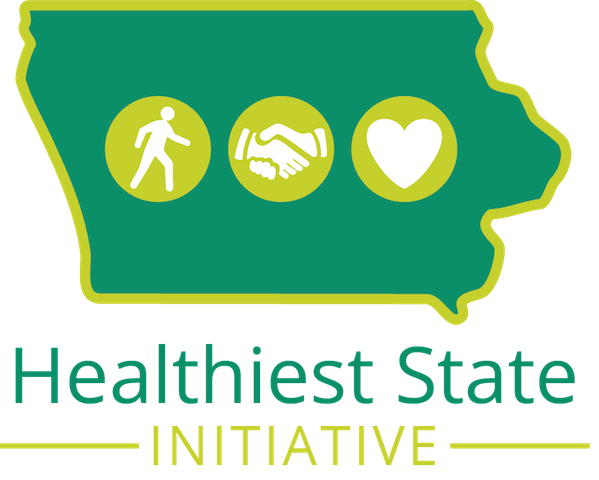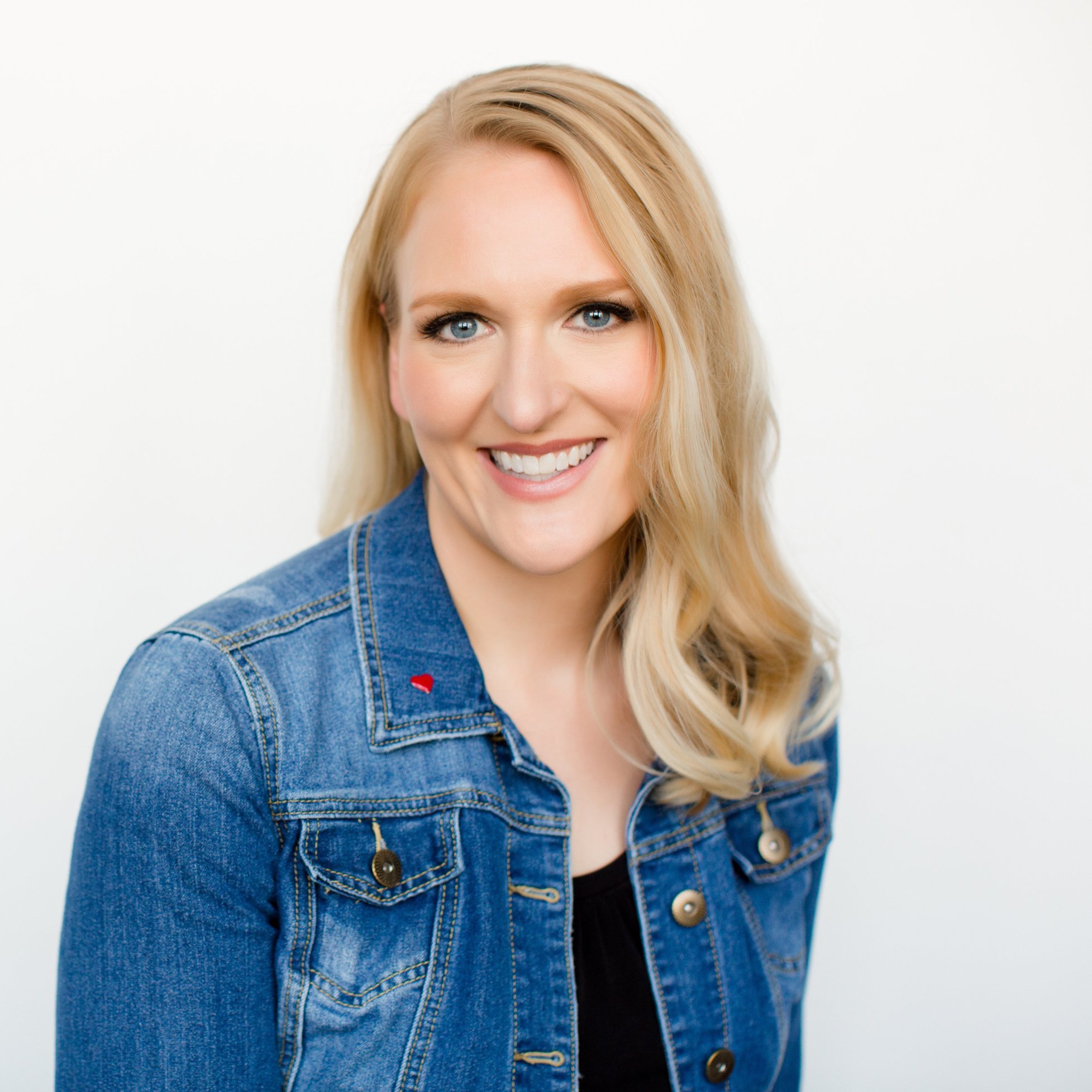Gina’s Story
Content warning: Suicide, suicidal ideations
Gina Skinner-Thebo was 5 or 6 when she realized she viewed the world a bit differently than her peers. She always felt there was a heavy blanket draped around her shoulders, weighing her down and following her wherever she went.
“I felt that heaviness and that darkness from a very, very young age,” Skinner-Thebo said. “I just knew my brain worked differently that everybody else’s.”
She was diagnosed with depression at 10 or 11 by a therapist. Looking back now, Skinner-Thebo understands that mental illness hampered much of her learning throughout her teenage years. She was also diagnosed with a learning disability, which only furthered her struggles with mental health. Skinner-Thebo dealt with suicidal ideations all throughout middle school, and particularly in high school.
“If you’ve already thought about suicide, you’re at risk ... That’s not necessarily normal, and I hope you try and talk to somebody.”
“I don’t think there was a single day in high school when I didn’t think about killing myself,” Skinner-Thebo said. “It just became this running reel in my head.”
After graduating high school, she decided to attend Park University in Kansas City. Skinner-Thebo knew it was the opportunity for a fresh start. Away from her past and placed in a new environment, she took on challenges to improve her mental health day-by-day.
“I was able to start my life over and write my story,” Skinner-Thebo said. “It was kind of like a fresh slate with no expectations on my shoulders.”
By the age of 20, Skinner-Thebo began finding different coping mechanisms, such as exercising and a good sleep routine, to help with her depression. By 22, she felt she had strong control over her dark thoughts. Now 37 and living in Ankeny, Skinner-Thebo still feels the heavy blanket, but it’s much more manageable.
Skinner-Thebo has always been very open about her story and hopes people find the help they need if they do struggle with depression. It took her two decades to find the right coping mechanisms, so she encourages others to search for ways to manage mental health.
“If you’ve already thought about suicide, you’re at risk,” Skinner-Thebo said. “That’s not necessarily normal, and I hope you try and talk to somebody. I also say that people might have to try different things to figure out how to manage their mental health, whether that’s going for a run, medication, good sleep. You have to make that a priority so that your mental health doesn’t manage you.”



